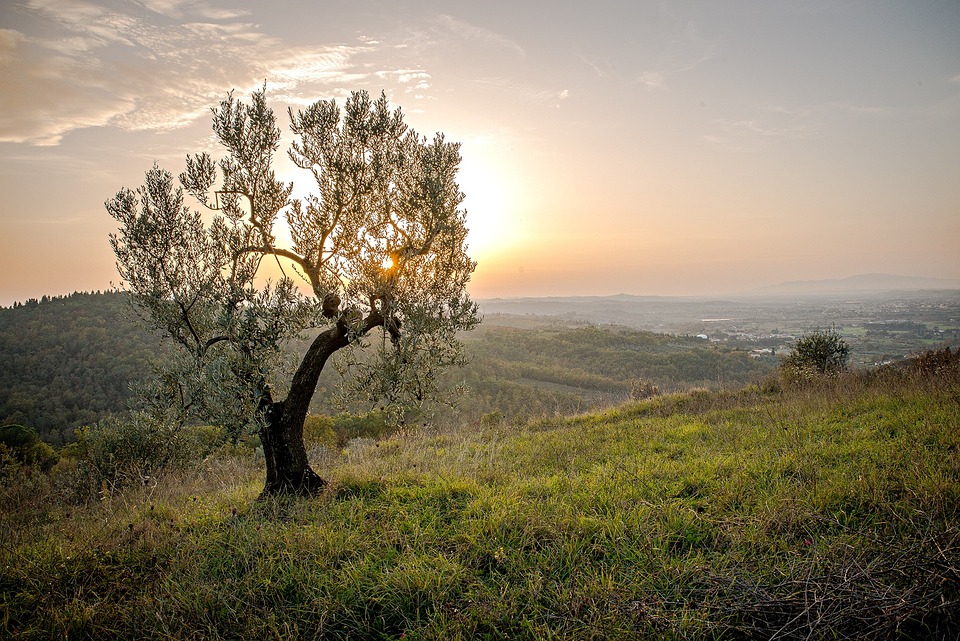Climate change is not only reshaping our planet but also influencing personal relationships and mental health. As individuals grapple with eco-anxiety—an emotional response characterized by fear and distress regarding environmental degradation—couples may find their relationships strained yet also presented with opportunities for growth. This exploration delves into the dynamics of eco-anxiety within relationships, offering insights and strategies for couples to navigate these challenges together.
1. Understanding Eco-Anxiety and Its Effect on Relationships
Defining Eco-Anxiety
Eco-anxiety refers to the chronic fear of environmental doom, manifesting as worry about the future of the planet and its inhabitants. This emotional state can significantly impact mental well-being, often leading to heightened anxiety and depression among those who experience it[1][4].
Impact on Communication
The persistent nature of climate concerns may shift priorities within a relationship, disrupting communication patterns. Partners may feel overwhelmed by the urgency of climate issues, leading to misunderstandings or avoidance of discussions altogether[2][3].
Differences in Coping Styles
Coping styles can vary widely between partners. One may engage deeply with climate issues, feeling compelled to take action, while the other might adopt a more detached or less affected stance. This disparity can create tension, as the more eco-conscious partner may feel frustrated by perceived apathy, while the other might feel pressured or judged[2][3].
2. Recognizing Signs of Climate-Related Strain in Your Relationship
Increased Arguments or Tension
Disagreements may arise over lifestyle choices influenced by climate concerns, such as spending habits on sustainable products or decisions about future family planning. These conflicts can escalate if not addressed constructively[2][3].
Feelings of Isolation
When one partner feels alone in their climate worries, it can lead to emotional distance. This isolation may stem from a lack of shared understanding or engagement in eco-friendly practices[1][2].
Loss of Optimism or Future Planning
Shared feelings of hopelessness about environmental issues can hinder couples from setting long-term goals together, such as family planning or financial investments in sustainable practices[1][5].
3. Practical Ways to Support Each Other Through Climate Anxiety
Open and Empathetic Communication
Establishing a safe space for open dialogue about climate-related feelings is crucial. Partners should aim to listen without judgment, fostering an environment where both can express their anxieties freely[2][3].
Creating a Shared Vision
Setting achievable eco-friendly goals together—like reducing waste or participating in local sustainability initiatives—can help couples align their values and strengthen their partnership[1][2].
Self-Care and Emotional Resilience
Encouraging each other to take breaks from distressing news and engage in shared hobbies can provide necessary relief from eco-anxiety, allowing couples to reconnect on a more personal level[1][4].
4. Finding Meaningful Ways to Take Action Together
Sustainable Lifestyle Choices as a Couple
Adopting eco-friendly habits together not only aligns values but also reinforces commitment to shared goals, enhancing relational bonds[2][3].
Supporting Environmental Causes Together
Volunteering or donating to environmental causes can empower couples, transforming feelings of helplessness into proactive engagement that fosters connection[1][4].
Building Community
Joining local environmental groups or community initiatives creates a broader support network for couples, connecting them with others who share similar concerns and values[2][3].
5. Accepting Differences and Fostering Resilience
Respecting Different Perspectives
Acknowledging that partners may process climate change differently is essential for mutual support. Respecting these differences can reduce friction and promote understanding[2][3].
Encouraging Individual Growth
Allowing space for each partner to pursue their own interests in sustainability—whether through education, activism, or personal projects—can enhance individual fulfillment while strengthening the relationship[1][4].
Creating Positive Traditions
Establishing joyful traditions around sustainability—such as eco-friendly date nights or holidays—can help couples focus on shared values while fostering connection amidst challenges[1][5].
FAQs
– How do I talk to my partner about climate anxiety without overwhelming them?
Engage in gentle conversations at times when both are relaxed; focus on sharing feelings rather than solutions.
– What if my partner isn’t as concerned about climate change as I am?
Aim for understanding; discuss your feelings openly without judgment and explore common ground.
– Can eco-anxiety impact mental health?
Yes, it is associated with increased anxiety and depression symptoms; addressing it is crucial for well-being.
– How can we support each other’s sustainable goals as a couple?
Communicate openly about your goals and collaborate on actionable steps you both agree upon.
– What are simple actions we can take to feel more empowered?
Start small with daily eco-friendly choices; celebrate achievements together.
– Is it normal to feel strained over different climate views in a relationship?
Yes, differing views can create tension; open communication is key to navigating these differences.
– How can we foster a positive outlook together despite climate concerns?
Focus on shared actions that bring joy and connection; maintain a balance between awareness and optimism.
Conclusion
While climate change poses significant challenges for relationships, it also offers opportunities for couples to build resilience and mutual support. By fostering open communication, aligning on shared goals, and respecting each other’s perspectives, partners can navigate eco-anxiety together, emerging stronger in their commitment to both each other and the planet.

Kyle Whyte is a notable scholar and professor at the University of Michigan, holding positions such as the George Willis Pack Professor in the School for Environment and Sustainability and Professor of Philosophy. Specializing in environmental justice, his work critically examines climate policy and Indigenous peoples’ ethics, emphasizing the nexus between cooperative scientific endeavors and Indigenous justice. As an enrolled Citizen Potawatomi Nation member, he brings a vital perspective to his roles as a U.S. Science Envoy and member of the White House Environmental Justice Advisory Council. His influential research is supported by various prestigious organizations including the National Science Foundation, and disseminated through publications in high-impact journals. Kyle actively contributes to global Indigenous research methodologies and education, with affiliations to numerous institutes and societies dedicated to traditional knowledge and sustainability. Recognized for his academic and community engagement, Kyle has earned multiple awards and served in various visiting professorships. His efforts extend to leadership positions on boards and committees focused on environmental justice nationwide.
